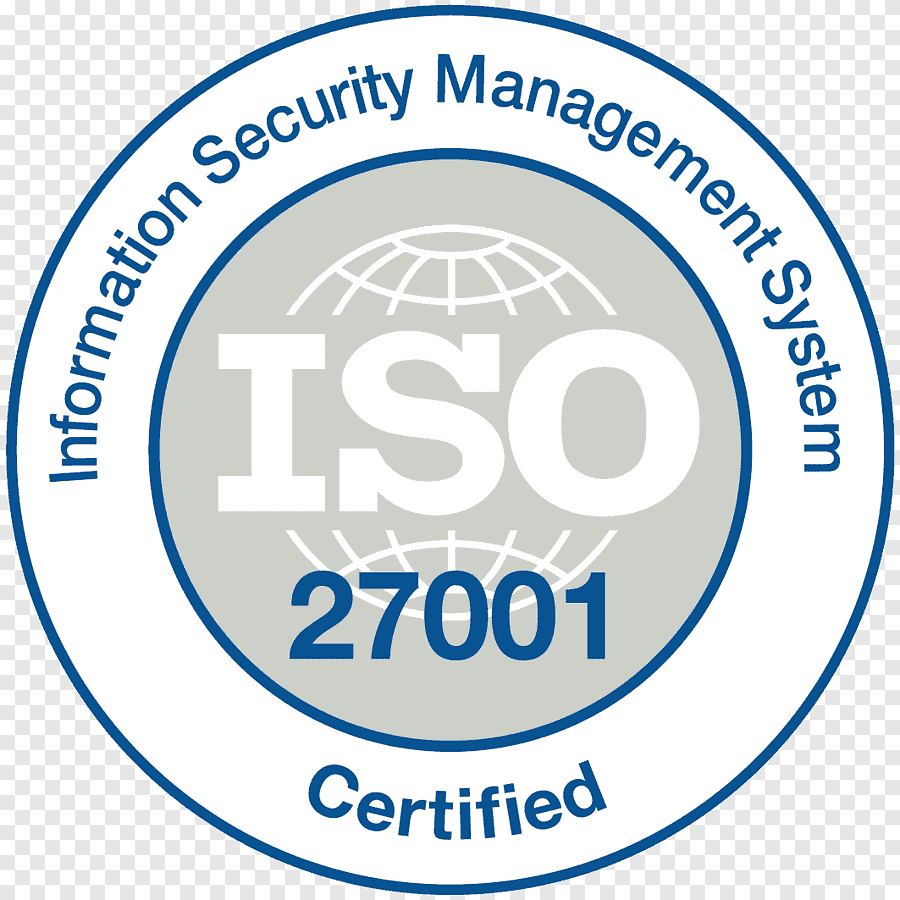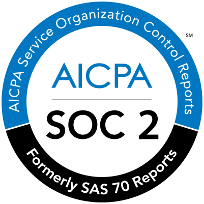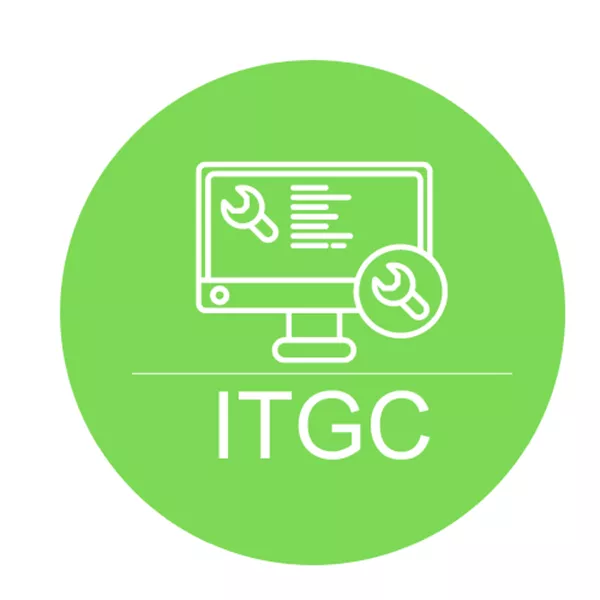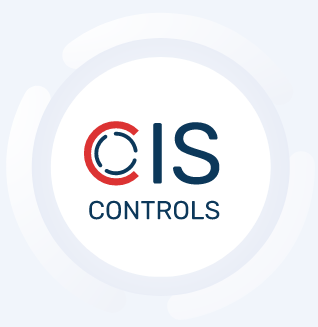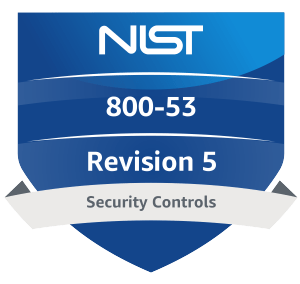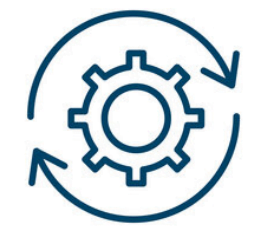PCI DSS

What is PCI DSS?
The PCI DSS (Payment Card Industry Data Security Standard) is an Information Security standard designed to reduce payment card fraud by increasing security controls around cardholder data.
The Standard is a result of a collaboration between the major payment brands and is administered by the PCI SSC (Payment Card Industry Security Standards Council).
Importance of PCI DSS Compliance ?
- Reduced Risk of Data Breaches: By implementing the security controls outlined in the PCI DSS, you significantly reduce the chances of attackers gaining access to sensitive cardholder information. This helps protect both your business and your customers from the financial and reputational damage caused by data breaches.
- Stronger Security Posture: PCI DSS Compliance goes beyond just protecting cardholder data. It encourages organizations to adopt a broader security mindset, leading to improved overall security practices and a more resilient IT infrastructure.
- Increased Customer Trust: Demonstrating commitment to data security builds trust with customers, potentially attracting new business and fostering loyalty.
- Competitive Edge: In today’s security-conscious environment, PCI DSS Compliance can set you apart from competitors and attract security-minded clients.
- Operational Efficiency: Implementing secure practices often leads to streamlined processes and better risk management, boosting overall operational efficiency.
- Reduced Costs: While achieving compliance requires initial investment, preventing data breaches and complying with regulations can save you money in the long run.
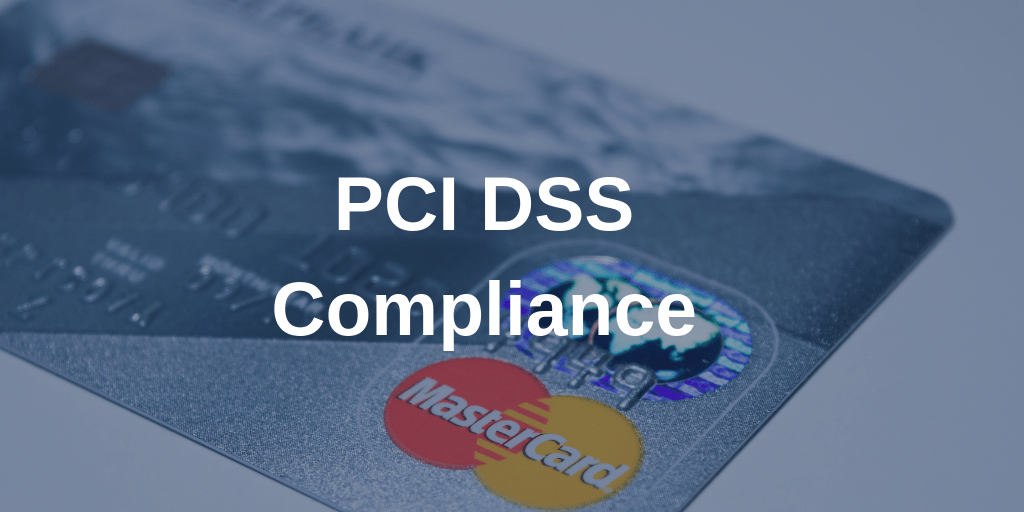

Importance of PCI DSS Compliance ?
- Reduced Risk of Data Breaches: By implementing the security controls outlined in the PCI DSS, you significantly reduce the chances of attackers gaining access to sensitive cardholder information. This helps protect both your business and your customers from the financial and reputational damage caused by data breaches.
- Stronger Security Posture: PCI DSS Compliance goes beyond just protecting cardholder data. It encourages organizations to adopt a broader security mindset, leading to improved overall security practices and a more resilient IT infrastructure.
- Increased Customer Trust: Demonstrating commitment to data security builds trust with customers, potentially attracting new business and fostering loyalty.
- Competitive Edge: In today’s security-conscious environment, PCI DSS Compliance can set you apart from competitors and attract security-minded clients.
- Operational Efficiency: Implementing secure practices often leads to streamlined processes and better risk management, boosting overall operational efficiency.
- Reduced Costs: While achieving compliance requires initial investment, preventing data breaches and complying with regulations can save you money in the long run.
Our Approach
1. Assessing
- Identifying and inventorying all systems and processes that handle/store cardholder data.
- Assessing the security risks associated with those systems and processes.
- Developing a plan to address the identified risks in alignment with the PCI DSS Standard Requirements.
2. Remediating:
- Implementing the controls identified in the plan to address the security risks.
- Validating the effectiveness of the implemented controls.
3. Reporting:
- Conducting the PCI DSS Audit
- Preparing and submitting a Report on Compliance (ROC) to your acquiring bank or acquirer.
- Maintaining ongoing compliance with the PCI DSS requirements.


